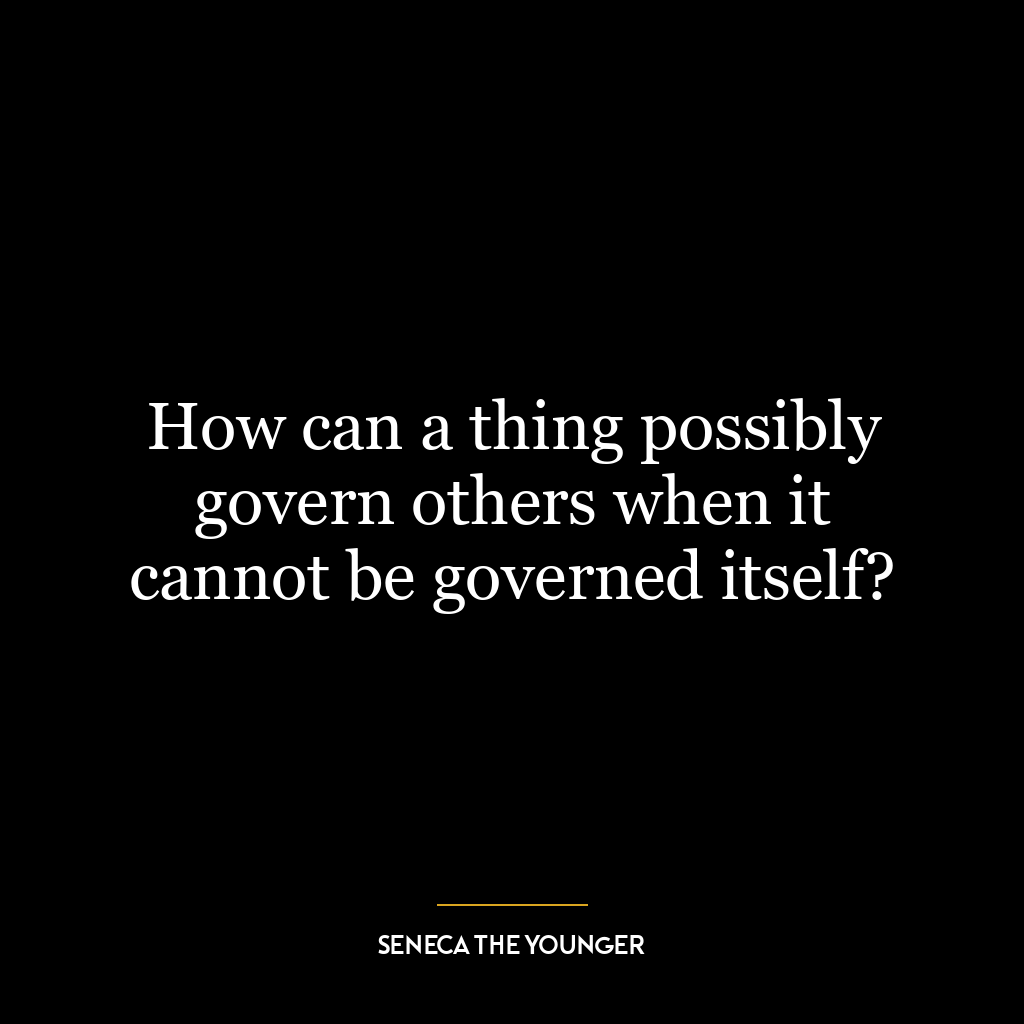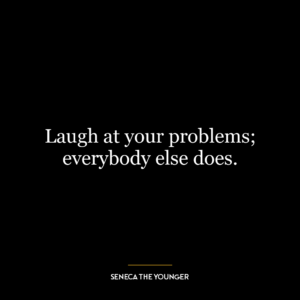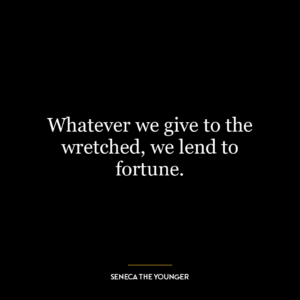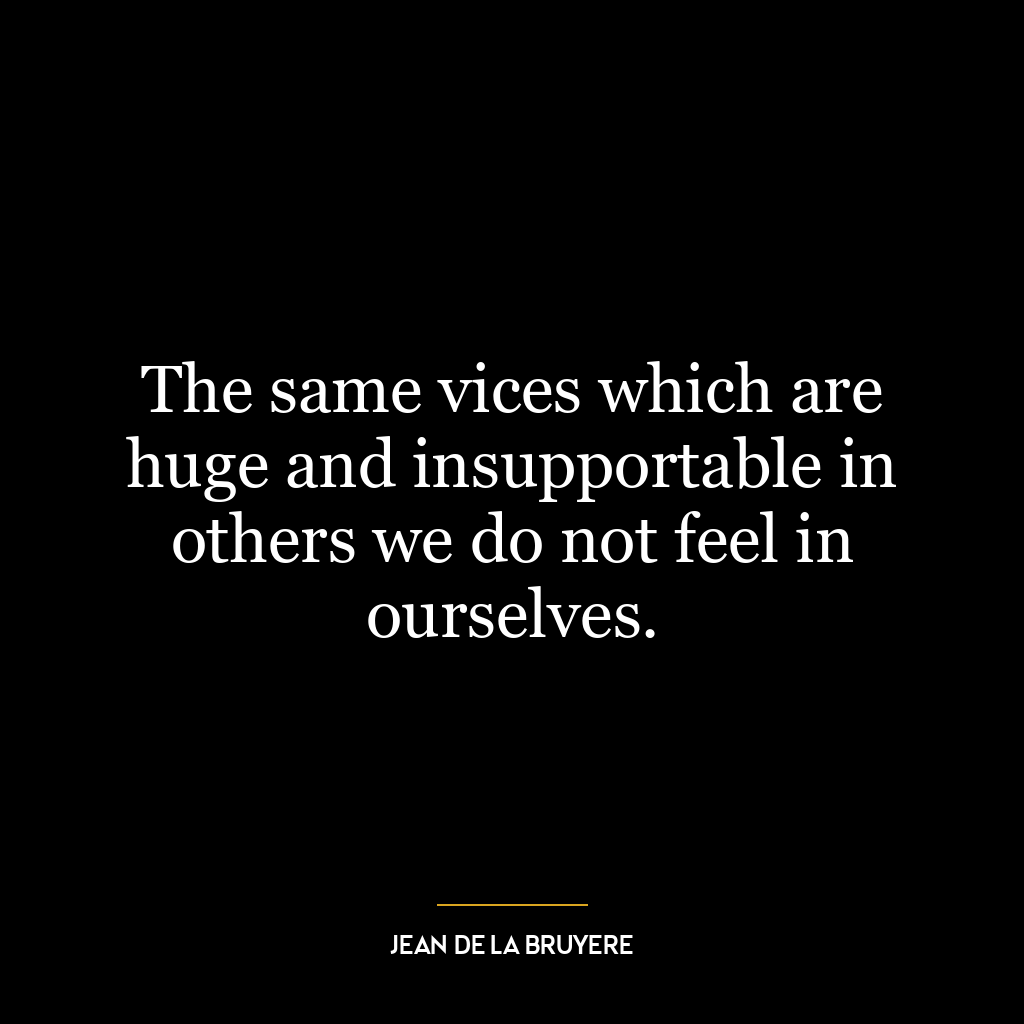How can a thing possibly govern others when it cannot be governed itself?
This quote is a profound statement on self-control, responsibility, and leadership. It suggests that before one can effectively guide or rule others, they must first be able to control and manage themselves. This self-governance refers to mastering one’s own emotions, impulses, desires, and actions. If one cannot regulate their own behaviors and decisions, how can they be expected to lead others or make decisions that impact others?
In the context of leadership, this quote implies that a good leader should first be a master of their own self. They should have self-discipline, emotional intelligence, and the ability to make sound decisions. If a leader is reckless, impulsive, or emotionally unstable, their ability to guide others effectively is compromised.
In the realm of personal development, this quote emphasizes the importance of self-control and self-mastery. It suggests that personal growth and improvement start with one’s ability to control their own actions and emotions. It underscores the idea that self-improvement is the foundation of any form of leadership or influence over others.
In today’s world, this quote can be applied in various contexts. For instance, in politics, a leader who cannot control their own actions, impulses, or emotions can make impulsive decisions that can harm their constituents. In business, a manager who lacks self-discipline can create a chaotic work environment. And on a personal level, without self-control, we can make poor decisions that harm our health, relationships, and overall quality of life.
Therefore, this quote is a timeless reminder of the importance of self-governance, not only for leadership roles but also for personal growth and development. It encourages us to strive for self-mastery as a prerequisite to influencing and guiding others effectively.















